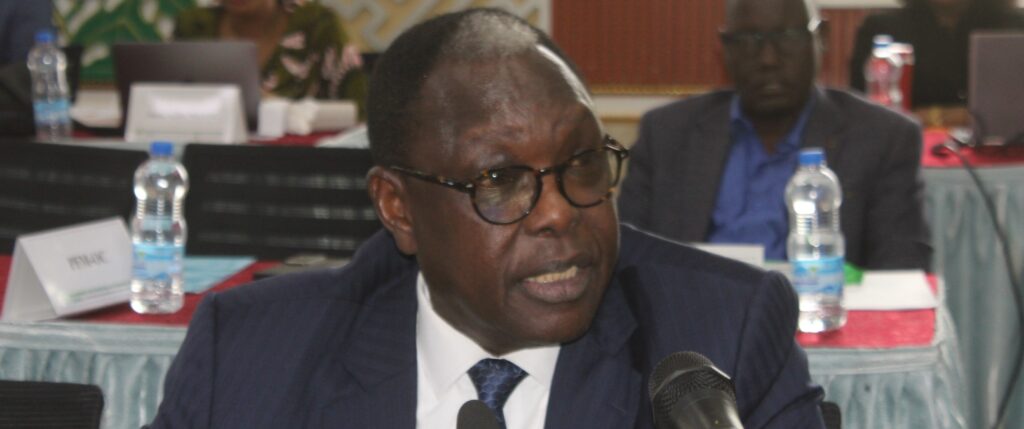Uncertainty surrounds the Tumaini (hope) Initiative in Kenya between South Sudan’s transitional government and holdout opposition groups as President Salva Kiir’s troops send mixed signals about the talks.
This came as the peace monitoring body R-JMEC held its monthly meeting in Juba on Thursday to discuss progress of the peace process and preparations for elections.
The Kenya-led peace talks started in Nairobi on May 9 but halted last month after representatives of the Sudan People’s Liberation Movement-in-Opposition (SPLM-IO) led by First Vice President Riek Machar walked out.
Machar argued that the protocols signed in Nairobi would undermine the provisions of the 2018 peace deal. Officially known as the Revitalised Agreement, it was signed between President Salva Kiir’s SPLM and SPLM-IO and other political factions.
The negotiations in Nairobi were meant to bring in opposition groups that had stayed away from the 2018 peace deal. The opposition groups include the Real-Sudan People’s Liberation Movement led by Pagan Amum and the South Sudan United Front led by Paul Malong Awan, the former chief of staff of the South Sudan People’s Defense Force.
The mediation team and members of Kiir’s SPLM Party have been engaged in a series of discussions in Juba to persuade Machar not to ditch the Tumaini Initiative.
However, Cabinet Affairs Minister Martin Elia Lomuro, who is a close ally of the president, declared that the protocols of the Kenya-led Peace Initiative are parallel to the 2018 peace deal.
Addressing the R-JMEC meeting, Minister Lomuro said the Tumaini Initiative aims to dismantle the achievement of the Revitalized Agreement on the Resolution of the Conflict in South Sudan (R-ARCSS).
“You are basically dismantling the achievements of the R-ARCSS, whose achievements have maintained this country for the last nearly six years. And you’re calling into question people who have committed themselves to maintain this peace to the extent that the country is at peace by large,” Lomuro said.
Expressing fear that the Kenya-led peace talks would endanger the established structures and systems, Lomuro underscored that the Tumaini Initiative should align itself with the R-ARCSS.
“We are saying, while the remaining consensus is welcome, it should align itself with the R-ARCSS. It should be an attachment to the R-ARCSS and not a replacement or a parallel agreement to the R-ARCSS because it endangers the established structures and systems which are in existence,” he said.
He added: “I want to be clear in this, because when we say this, people say, these are people who are against peace. No. We want this peace to continue undisturbed because the responsibility of this is only to take the country to elections. And we’re almost there.”
Meanwhile, the Deputy Special Representative of the UN Secretary-General (SRSG), Guang Cong, called on the government to align the Tumaini Initiative with the Revitalized Peace Agreement to accelerate bringing lasting peace and stability.
“Since we last met, negotiations in Nairobi and the auspices of the Tumaini Initiative have progressed and agreements on several protocols have been reached. Meanwhile, in Juba, the High-Level Standing Committee on the Status of Implementation of the Roadmap has finalized its report.”
Cong added: “We look forward to urgent determinations by the parties on the way forward regarding the alignments of the Tumaini Initiative and the Revitalized Peace Agreement, and providing clarity on the implementation of the remaining outstanding tasks in the roadmap.”
In July 2024, the transitional government and the holdout groups in Nairobi initialed eight protocols at the Tumaini Initiative to accelerate bringing lasting peace and stability. They include protocols of humanitarian access and support, trust and confidence-building measures, permanent ceasefire, security arrangement reforms, communal conflicts, armed civilians and land disputes, and grantors.




